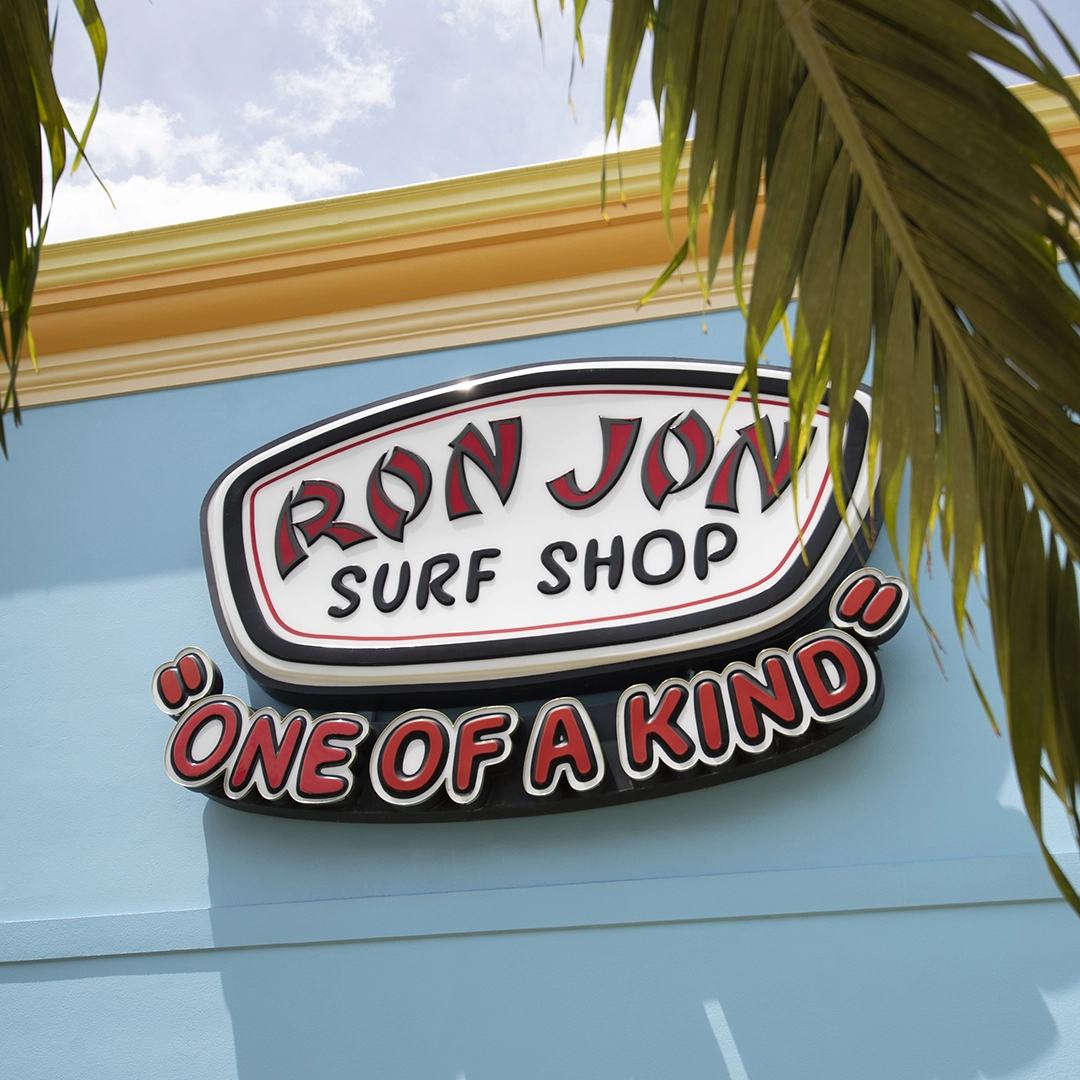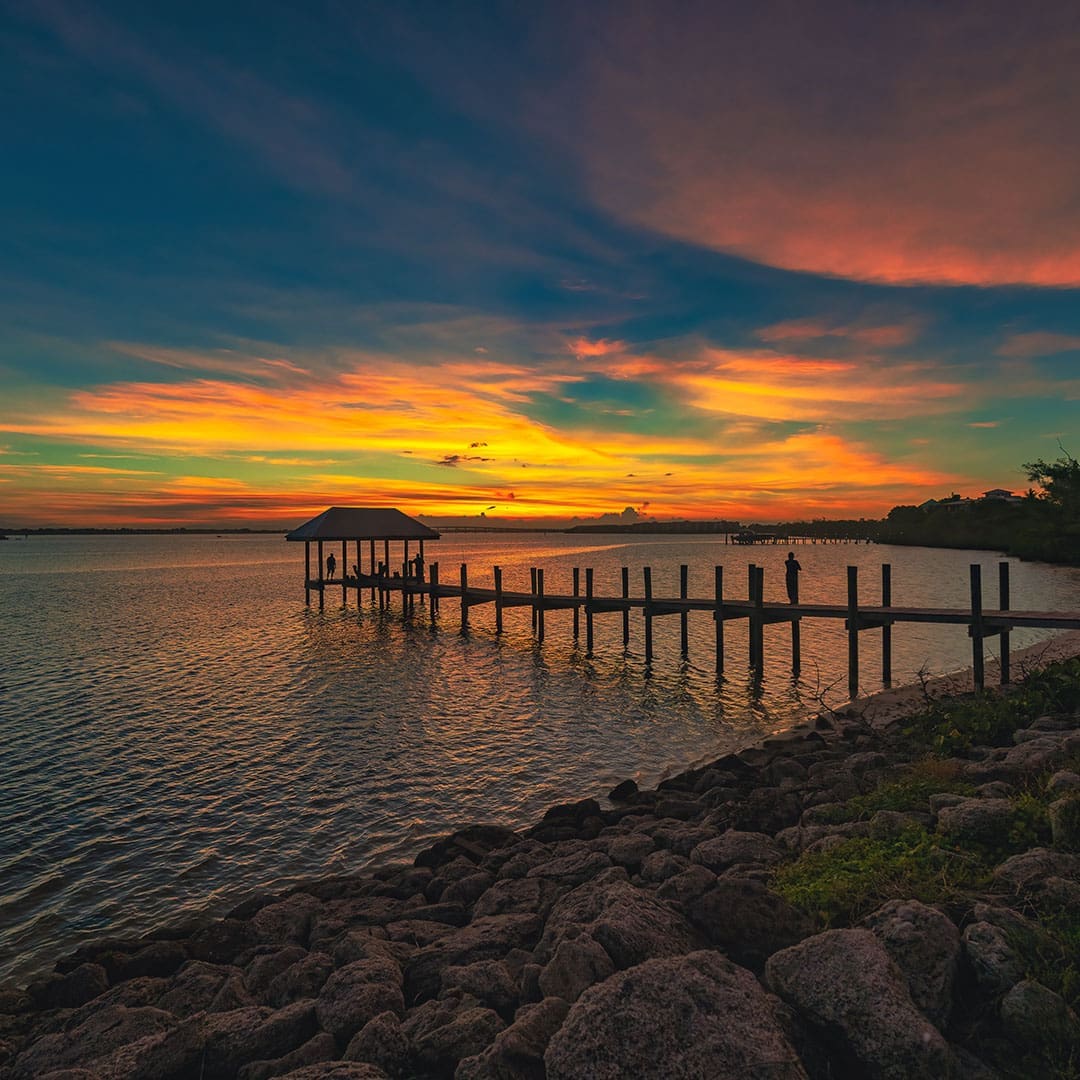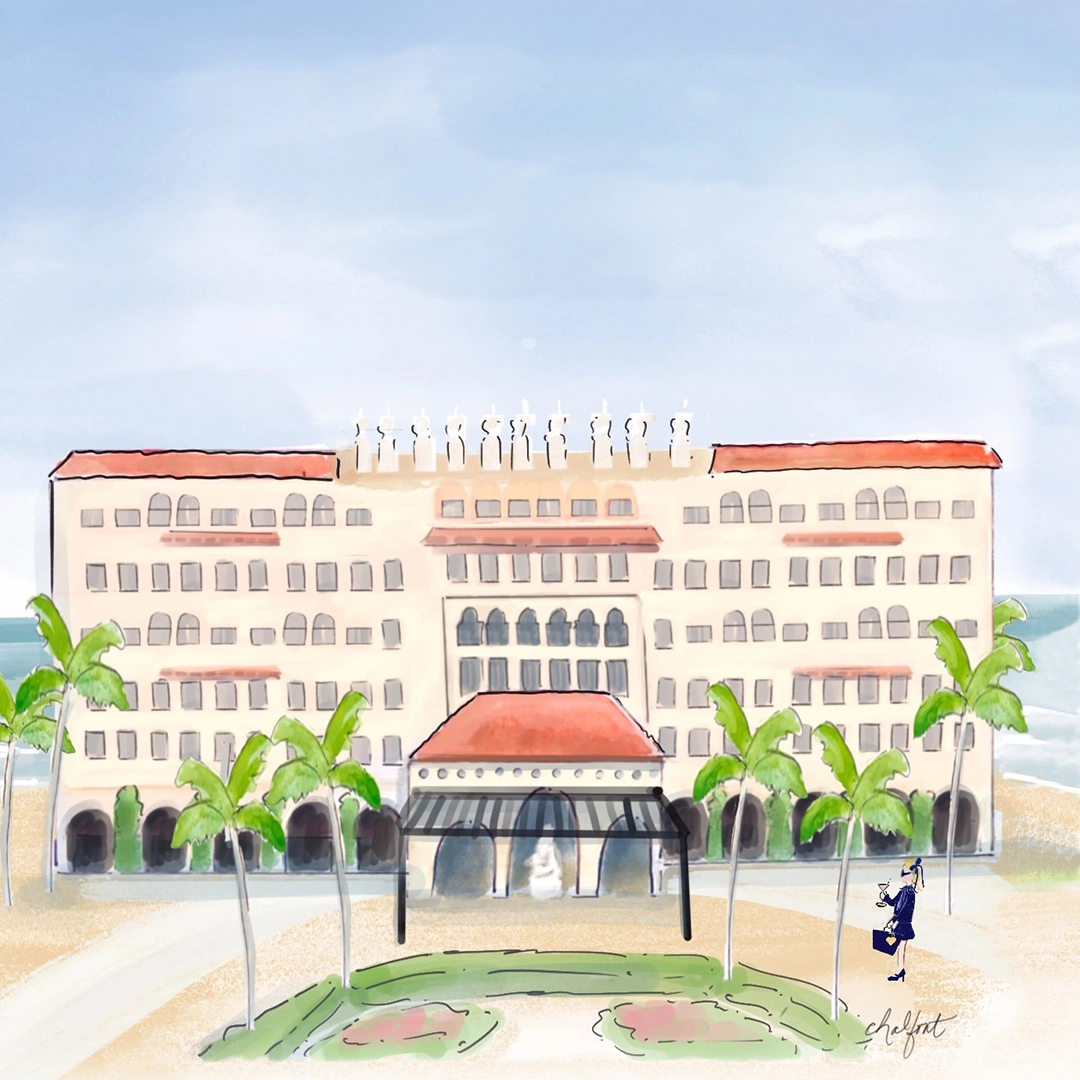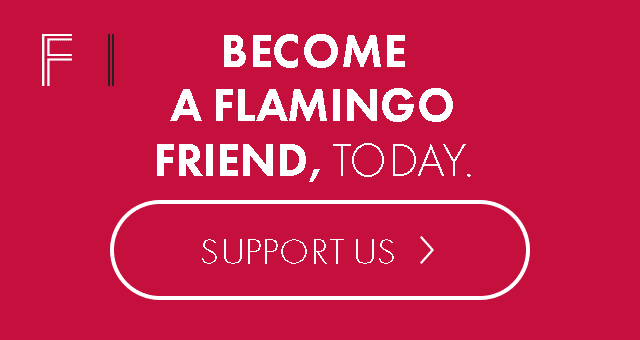by | May 29, 2025
An Eco Traveler’s Guide to The Florida Keys & Key West
In the Florida Keys & Key West, sun-soaked vacations meet impactful purpose as sustainability becomes part of every stay—from luxe resorts to laid-back beach bars.

Since becoming one of America’s most beloved tropical escapes nearly a century ago, The Florida Keys & Key West have encouraged visitors to look beyond the turquoise waters and sun-drenched sands to discover a 125-mile-long island chain teeming with life—and a call to care for it.
Home to the third-largest barrier reef on Earth, the Keys host thousands of marine species, each a vital link in a vast, kaleidoscopic ecosystem. A single snorkel or dive reveals the astonishing biodiversity below the surface—an unforgettable reminder of what’s at stake.
And with wonder comes responsibility. The Florida Keys face mounting threats from sea-level rise, climate change and human impact. But there is good news: Travelers can be part of the solution.
Guardians of The Keys
Just ask John Mirabella, owner of Castaway Waterfront Restaurant & Sushi Bar in Marathon. Dubbed the “Lionfish King of the Florida Keys,” Mirabella has made it his mission to hunt and remove this invasive species from local waters … one spear at a time.
“My passion is directly related to my profession,” Mirabella said. “Since I own a sushi-seafood restaurant, the justification to go diving and spearfishing is there on a daily basis. We need to act now to affect positive change. When chatting with our guests at Castaway, the conversation almost always drifts to seafood, and then to sustainability. Educating people is part of the process, especially when it comes to protecting our fragile ecosystem.”
He’s not the only one turning the tide. The Keys relies on various hotels and activity providers to protect and sustain the local environment, allowing travelers the chance to explore the Florida Keys in an environmentally responsible manner.

The intimate and luxurious Little Palm Island Resort & Spa has long supported and partnered with MOTE Marine Laboratory in its reef restoration efforts, working to discover ways to grow and transplant coral. Visitors to Little Palm Island can help in that effort to restore the reefs by booking a Paradise with a Purpose package, with $500 from every package donated to MOTE.
Meanwhile, Isla Bella Beach Resort & Spa partners with various local organizations to ensure the safety of the Keys’ environment is taken care of for years to come. Partners include Conch Republic Marine Army, which pulls trap lines and other marine debris from mangrove estuaries, and Save-A-Turtle, which protects sea turtle habitats and plants seagrass to help endangered flora and fauna thrive.
At Grassy Flats Resort & Beach Club, a family-owned eco-hideaway in Marathon, sustainability runs deep. Since 2023, the 38-room resort has recycled an average of 76 pounds of materials each day. Its restaurant, The Rhum House, sources wines from small-batch, family-run vineyards that focus on organic ingredients and biodynamic practices.
The Conscious Traveler
For Kara Franker, President & CEO of Visit Florida Keys & Key West, these efforts are redefining what it means to vacation here.
“By learning about and actively participating in efforts to sustain the Keys environment, visitors can not only enjoy recreating in it—but also feel a sense of pride and even ownership in helping to sustain and even build new habitat,” she said. “Eco tours that teach people about the importance of preserving natural habitats often ignite passions in visitors, many of whom become repeat guests eager to help the unique natural world in the Keys.”

That sense of purpose shines through at places like The Turtle Hospital, a one-of-a-kind rescue and rehab center for sea turtles. A 90-minute tour provides guests with an inside look at the life-saving work, and helps fund it through admission.
In Marathon and Key West, grassroots group Conch Republic Marine Army invites visitors to hop aboard one of their marine debris cleanup cruises. Since launching in 2017, the group has hauled more than 549,000 pounds of trash from local waters.

The recreational fishing, diving and boating industries have also taken note of ways to be more environmentally conscious. Franker says that the island chain has traditionally thrived on these practices, all of which contribute to tourism. Keys fishing guide organizations, including the Florida Keys Fishing Guides Association and the Lower Keys Guides Association, have taken leadership roles to encourage catch-and-release policies for recreational fishing, with exceptions for non-endangered popular game fish such as mahi mahi.
Franker believes these small but mighty acts are part of a bigger shift. “By showcasing a real commitment to sustainability at hotels, restaurants and attractions,” she said, “our partners are turning everyday travel into something more meaningful.”
Read more stories on The Florida Keys here.
About the Author
Nila is an award-winning journalist and editor whose work has appeared in Condé Nast Traveler, Garden & Gun and The New York Times, to name a few. Simon has written for Flamingo since 2017, with profiles on tennis star Sloane Stephens, the unique South Florida community of Stiltsville and the state’s best wellness resorts.





